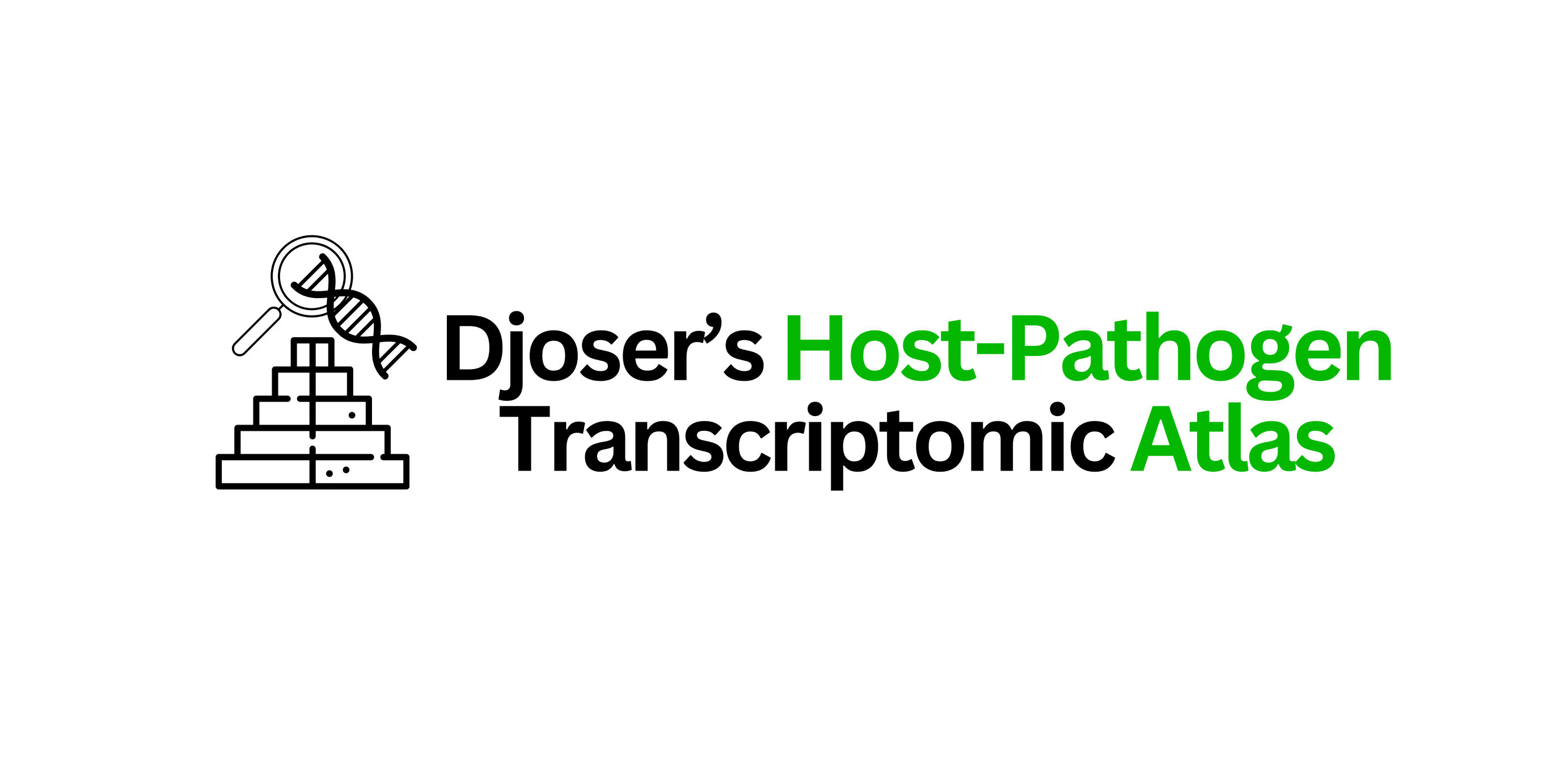Introducing DHPTA: A Host-Pathogen Transcriptomic Atlas for Microbial Diseases

Today, I’m proud to announce the launch of DHPTA – Djoser’s Host-Pathogen Transcriptomic Atlas – a curated and reanalyzed collection of public RNAseq datasets capturing host transcriptomic responses to microbial infections.
This open science project marks the beginning of a new chapter in my computational biology and bioinformatics journey. After completing and publishing my first RNA-seq reanalysis preprint, I realized how much hidden value lies in underexplored public data. DHPTA was born from that realization, to not only reanalyze and reinterpret datasets but to connect them in a unified, host-centric atlas.
For the First stage of DHPTA, the human host will be the focus. Each dataset is carefully selected to meet specific criteria: it must involve human subjects, document a microbial infection, and contain data suitable for robust reanalysis. Whether the pathogen is viral, bacterial, fungal, or parasitic, if it leaves a transcriptomic fingerprint on the human host, DHPTA is here to decode it.
What to Expect
-
Clean reanalysis pipelines, with all code and outputs shared openly.
-
Biological interpretations focused on host response signatures.
-
A steadily expanding metadata-rich atlas that will, over time, allow for deeper comparisons across diseases and tissues.
This project will evolve step by step. At first, you’ll see a series of standalone RNA-seq reanalyses posted with visualizations and takeaways. Later, we’ll begin mapping similarities, differences, and patterns across infections, building toward a truly comparative host-pathogen atlas.
Why This Matters
DHPTA isn’t just a project, it’s a statement. That meaningful research doesn’t always start in a lab. That with curiosity, open data, and persistence, we can bring structure to scattered knowledge and offer something useful back to the scientific community.
You can visit the DHPTA landing page here
Let the journey begin.